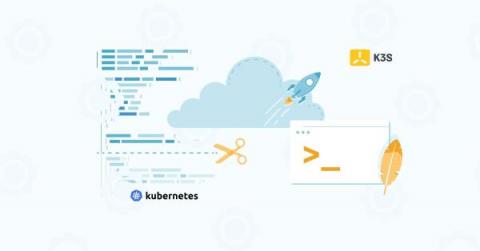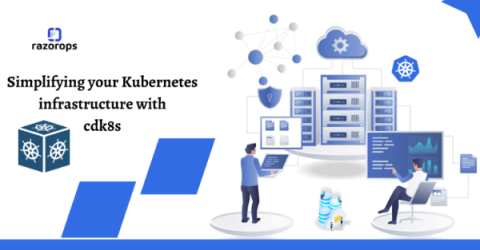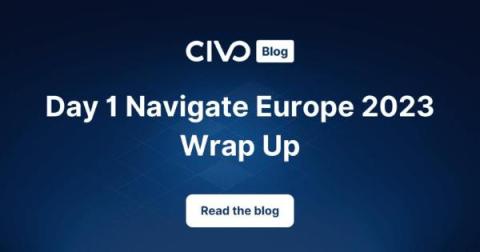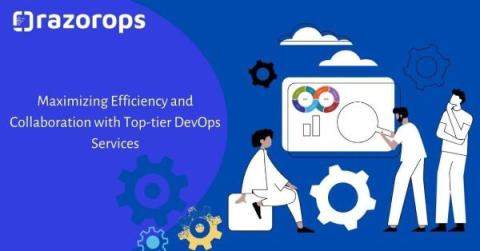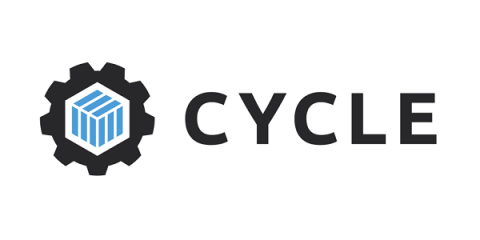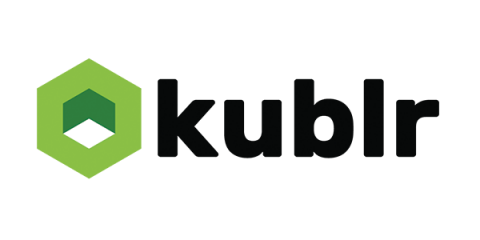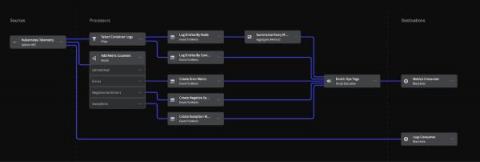Operations | Monitoring | ITSM | DevOps | Cloud
Latest News
Simplifying your Kubernetes infrastructure with cdk8s
Kubernetes has become the backbone of modern container orchestration, enabling seamless deployment and management of containerized applications. However, as applications grow in complexity, so do the challenges of managing their Kubernetes infrastructure. Enter cdk8s, a revolutionary toolset that transforms Kubernetes configuration into a developer-friendly experience.
Manage Kubernetes environments with GitOps and dynamic config
Most modern infrastructure architectures are complex to deploy, involving many parts. Despite the benefits of automation, many teams still chose to configure their architecture manually, carried out by a deployment expert or, in some cases, teams of deployment engineers. Manual configurations open up the door for human error. While DevOps is very useful in developing and deploying software, using Git combined with CI/CD is useful beyond the world of software engineering.
Day 1 Navigate Europe 2023 Wrap Up
Navigate Europe 2023 has come to an end, and we couldn’t be more grateful for everyone involved in this, from our sponsors, attendees, and most importantly, the Civo team. Whilst we have already announced the next event for next year in Austin, Texas, we want to spend some time reflecting on the amazing few days we’ve just had, and everything we took away from it.
Maximizing Efficiency and Collaboration with Top-tier DevOps Services
In today’s fast-paced digital landscape, where software development and deployment happen at lightning speed, DevOps has emerged as the key to achieving operational excellence and maintaining a competitive edge. DevOps is more than just a buzzword; it’s a culture, a set of practices, and a collection of powerful tools that streamline collaboration between development and operations teams.
Exploring Kubernetes 1.28 Sidecar Containers
Kubernetes v1.28 comes with multiple new enhancements this year and we’ve already covered an overview of those in our previous blog, Do check this out before diving into sidecar containers. We’re going to completely focus on the new sidecar feature for this post, which enables restartable init containers and is available in alpha in Kubernetes 1.28.
Cycle's New Interface, Part II: The Engineering Behind Cycle's New Portal
In our last installment, we covered the myriad of new UI changes added to Cycle’s portal. In this part, we walk through five of the tough engineering choices made when developing the new interface, discussing the alternatives that were considered, and shining a light on some of the technology our engineering team utilizes today.
Understanding Kubernetes Network Policies
Kubernetes has emerged as the gold standard in container orchestration. As with any intricate system, there are many nuances and challenges associated with Kubernetes. Understanding how networking works, especially regarding network policies, is crucial for your containerized applications' security, functionality, and efficiency. Let’s demystify the world of Kubernetes network policies.
Understand Your Kubernetes Telemetry Data in Less Than 5 Minutes: Try Mezmo's New Welcome Pipeline
Most vendor trials take quite a bit of effort and time. Now, with Mezmo’s new Welcome Pipeline, you can get results with your Kubernetes telemetry data in just a couple of minutes. But first, let’s discuss why Kubernetes data is such a challenge, and then we’ll overview the steps.
DKP 2.6 Features New AI Navigator to Bridge the Kubernetes Skills Gap
The latest release of the D2iQ Kubernetes Platform (DKP) represents yet another significant boost to DKP’s multi-cloud and multi-cluster management capabilities. D2iQ Kubernetes Platform (DKP) 2.6 features the new DKP AI Navigator, an AI assistant that enables DevOps to more easily manage Kubernetes environments. As Forbes noted in Addressing the Kubernetes Skills Gap, “The Kubernetes skills shortage is impacting companies across sectors.”


